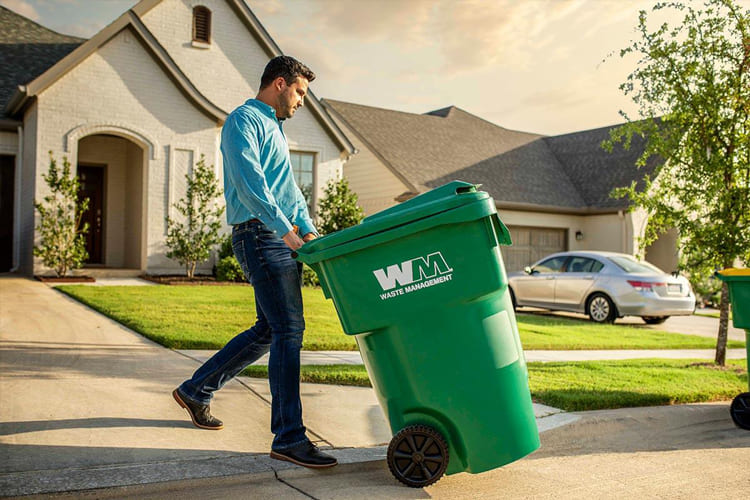
National strategy of waste management
Nowadays there is a situation in the field of anthropogenic, ecological and technogenic safety that leads to hazard for national security and safe well-being.
Among the most important factors that have caused the hazard are irreversible use of natural resources, quick increasing the volume of waste production and accumulation, lack of effective technologies of waste use as secondary raw materials. This is a result of non-balanced technogenic and anthropogenic activity in Ukraine. This situation reached on its critical point. That`s why, it determined a necessity of immediate modifications the strategy of an industrial development of a nation into post-industrial and to respect the natural environment.
Modern Ukraine is faced with the necessity to develop a new view on waste problems as a source of secondary energetic and raw materials. The new strategy of waste management – reducing the volume of waste produced while production or consumption, providing a maximum volume of waste disposed and recycled, implementing the effective technologies of waste management.
The Cabinet of Ministers of Ukraine has approved the National Strategy of waste management, as the result of following the European standards and principles of waste management. An impulse for strategy approval at governmental level was the signing of Ukraine–European Union Association Agreement, regarding to the effort of our state to integrate the world standards into national legislation.
New strategy is aimed for implementing the principles and methods of circular economy and reorientation on modern and ecological ways of waste disposal. Circular economy means the reducing the volume of waste production, and waste produced have to be recycled and are suitable for use in production again. Developed strategy consists of plan of measures for each type of waste: household waste, municipal waste, industrial waste, construction waste, hospital waste, and waste in the form of used batteries and accumulators, agricultural waste, waste of electric and electronic equipment, hazardous waste, specific waste.
In addition, the National strategy of waste management is oriented on preventing new waste production, preparing to reuse of waste produced or their recycling. Such ways of waste management as utilization or disposal pass into a past. That`s why, the quantity of places for solid household waste storage and disposal is planned to be reduced. In other words, the governmental policy in the field of waste management will be focus on projecting, constructing and maintaining of rubbish recycling plants, sorting and crushing complexes.
Therefore, waste management regardless on the sources of their production must be started from planning the natural resources mining as a raw material and continued while project a lifecycle of product. At each stage of waste production must be planned the ways and methods of repeated use of natural resources and waste recycling.
The meeting of the requirements of this Strategy provides: